Do we still need courage to say we could be ‘friends’ with nonhuman animals? Kate Sandel
“country is the way humans and non-humans co-become, the way that we emerge together, have always emerged together and will always emerge together." Song Spirals by Gay’wu group of women This year I will be developing work for my third album, and as part of that development I will be journeying with my horse Maisie. Here she is in one of my first music videos that I released with my second album. Maisie is very important to me,(as you may know, if you know me!) and Im so happy to have been given support from Creative Scotland to not only develop and record my album, but to spend time with her, in Argyll, as part of our research. We will be with a range of people who know the land and its stories, and who will be helping me capture our time there. 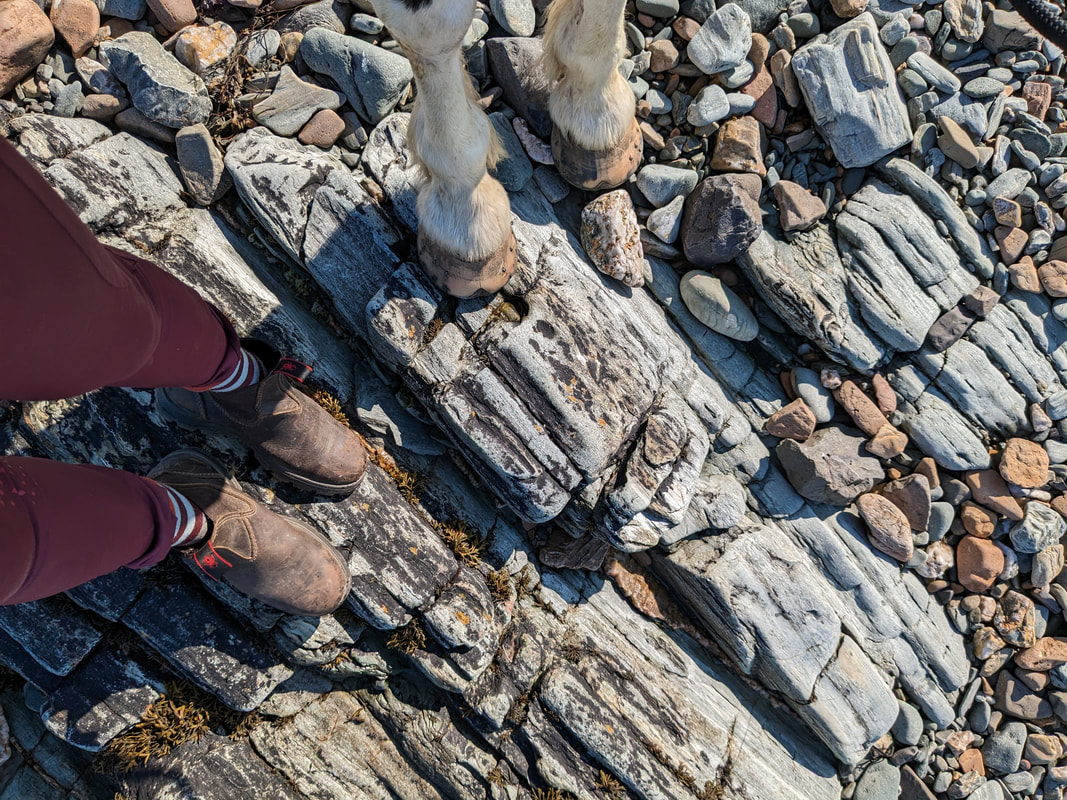
Before we set off I wanted to spend some time reflecting on why working with horses is important to my singing practice, and just important to me generally. In the multipart series I will be looking at all the different aspects of working with horses - cultural, physical, spiritual, conceptual, and how these things contribute to my work and life.
Musically, the show features songs from across the world and across genres, with a general inclination towards showcasing traditional song and folk music. In this episode I think about time, magical realism, childhood memories of wearing the wrong thing, and music from Cape Breton and Kazakstan, amongst others. I hope you enjoy!
Here are some further reflections on my work with horses and how it relates to my singing practice, it is an except from an interview with Alana chance Who was putting together a podcast series.
I'm very drawn to being out in the countryside and working with my horse, having rhythms based on old craft or knowing. You know, I know the names of trees and things, and that's just the way I've been brought up. We've always been outside. It's about the traditional song and the culture that comes with that. It's very connecting. I guess one example would be the other day we were in Fife for a traditional singing festival. And, you know, it's one of those things where they were chuffed to have younger people there because it's about passing on the tradition and celebrating the tradition. We got chatting to the guy who was in the little antique shop. He's been there for years and years and he works on violins. We got chatting about the Clydesdale brasses he had in the back of the shop. When he found out that I sing traditional song, I saw this shift. It's you've suddenly demonstrated that you're curious, you're paying attention to something that's come before you. Often people will just soften because you're demonstrating that their experience matters to you. I guess also for me, a big part of what I'm about is working with horses, which is always something I kind of struggle to articulate in my practice. I guess because for most people, it's just not part of their lives, you know? But there's something about the way that I work with my horse and the type of relationship I have with my horse, which is about moving through places, exploring places but also connecting with people a lot. You know, people are really drawn to what you're doing if you're out with a horse and you're walking with all your bags strapped on. It links you into this old agricultural language and the way that these old songs celebrate horse culture. And because you've got this richness of all these amazing portraits of the relationships that men had with their agricultural working horses and the richness of Horse Traveller culture, there's this kind of connection through not just the way that life is described but the way that I actually live my life that makes me feel connected because the world around me doesn't really reflect that back to me very much. I don't meet many people day-to-day who walk with horses in the same way that I do or enjoy the company of a horse in the way that I do. I think that's not just about my relationship with the horse but also with place and self. It's hard to articulate. And without going into full psychotherapy mode, desperately searching for a sense of who I am through the medium of a minority language.
Comments are closed.
|
AuthorWritings, reflections and an archive of research from Quinie (Josie Vallely). Archives
February 2024
|
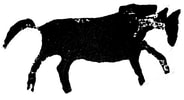
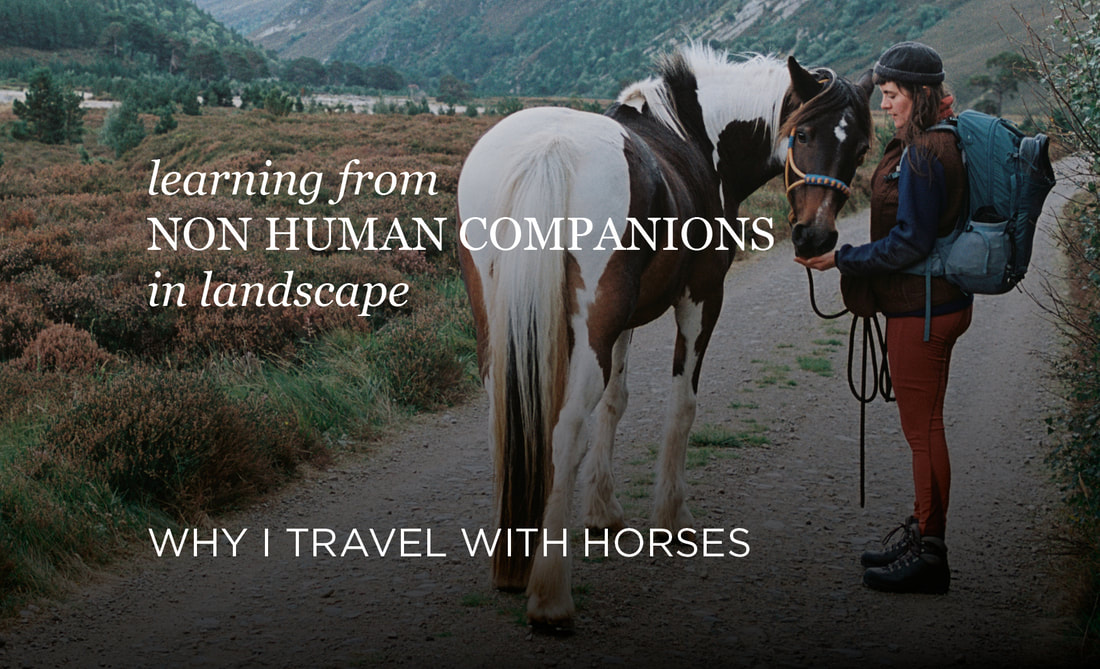
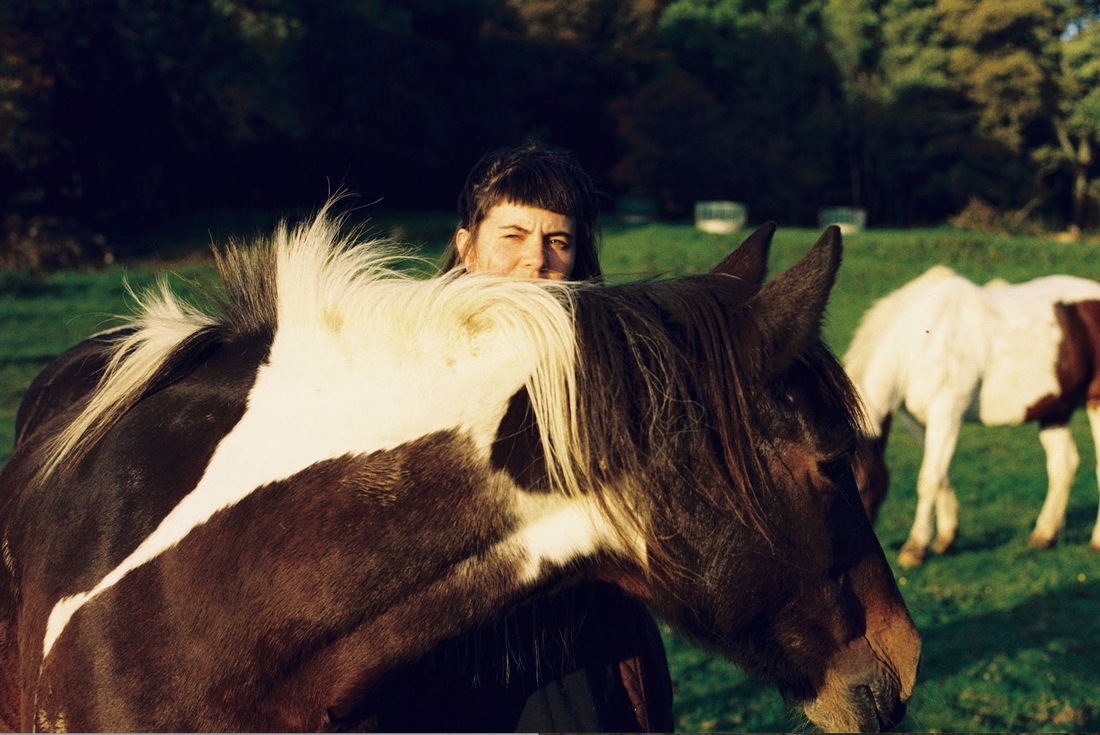
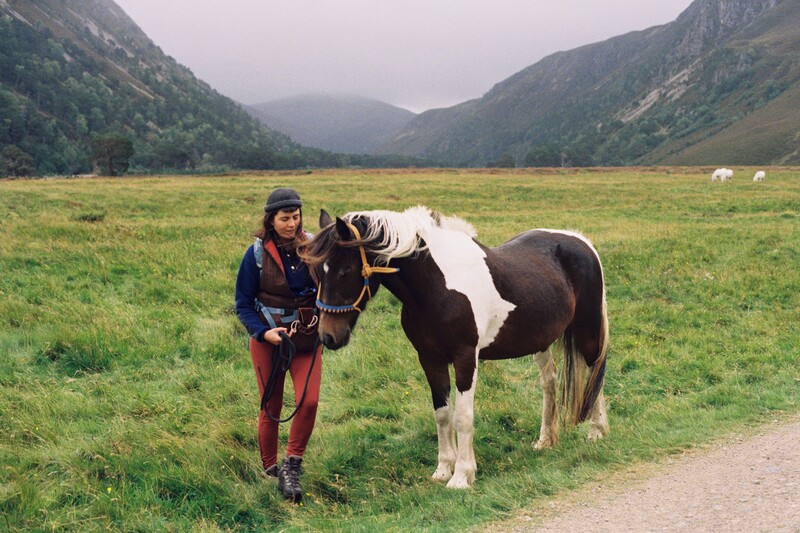
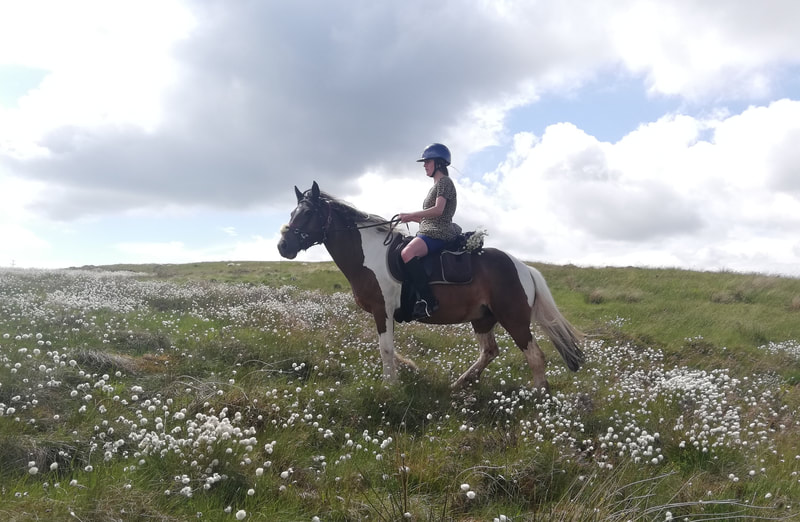
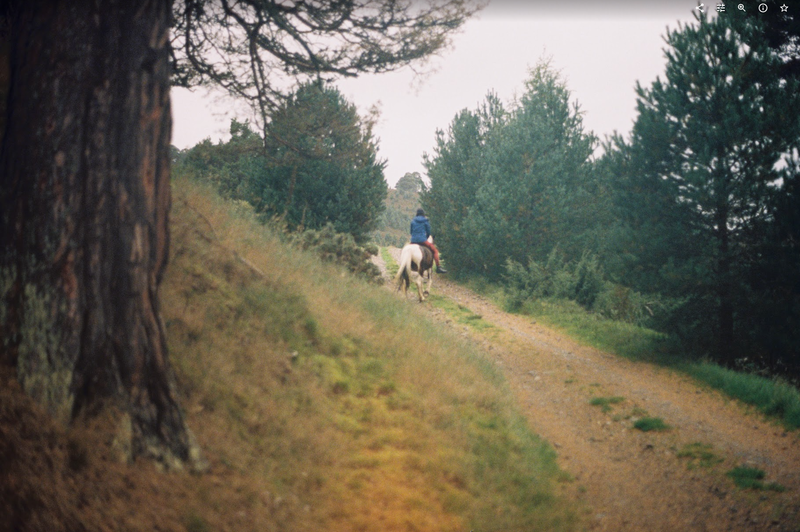
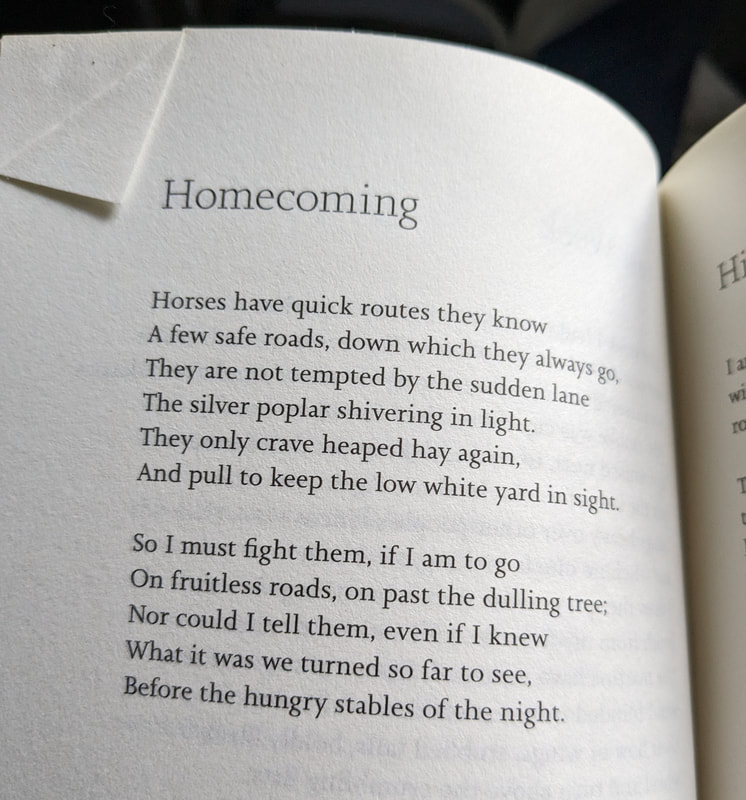
 RSS Feed
RSS Feed
